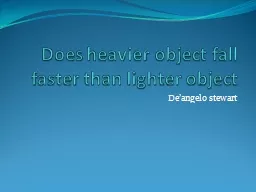PPT-The rise and fall of the object
Author : calandra-battersby | Published Date : 2016-06-16
Patricia Turrisi September 12 2011 A Source Two Legs Thing Using and Talking The Origins of the Creative Engineering Mind F T Evans Journal AI amp Society archive
Presentation Embed Code
Download Presentation
Download Presentation The PPT/PDF document "The rise and fall of the object" is the property of its rightful owner. Permission is granted to download and print the materials on this website for personal, non-commercial use only, and to display it on your personal computer provided you do not modify the materials and that you retain all copyright notices contained in the materials. By downloading content from our website, you accept the terms of this agreement.
The rise and fall of the object: Transcript
Download Rules Of Document
"The rise and fall of the object"The content belongs to its owner. You may download and print it for personal use, without modification, and keep all copyright notices. By downloading, you agree to these terms.
Related Documents














